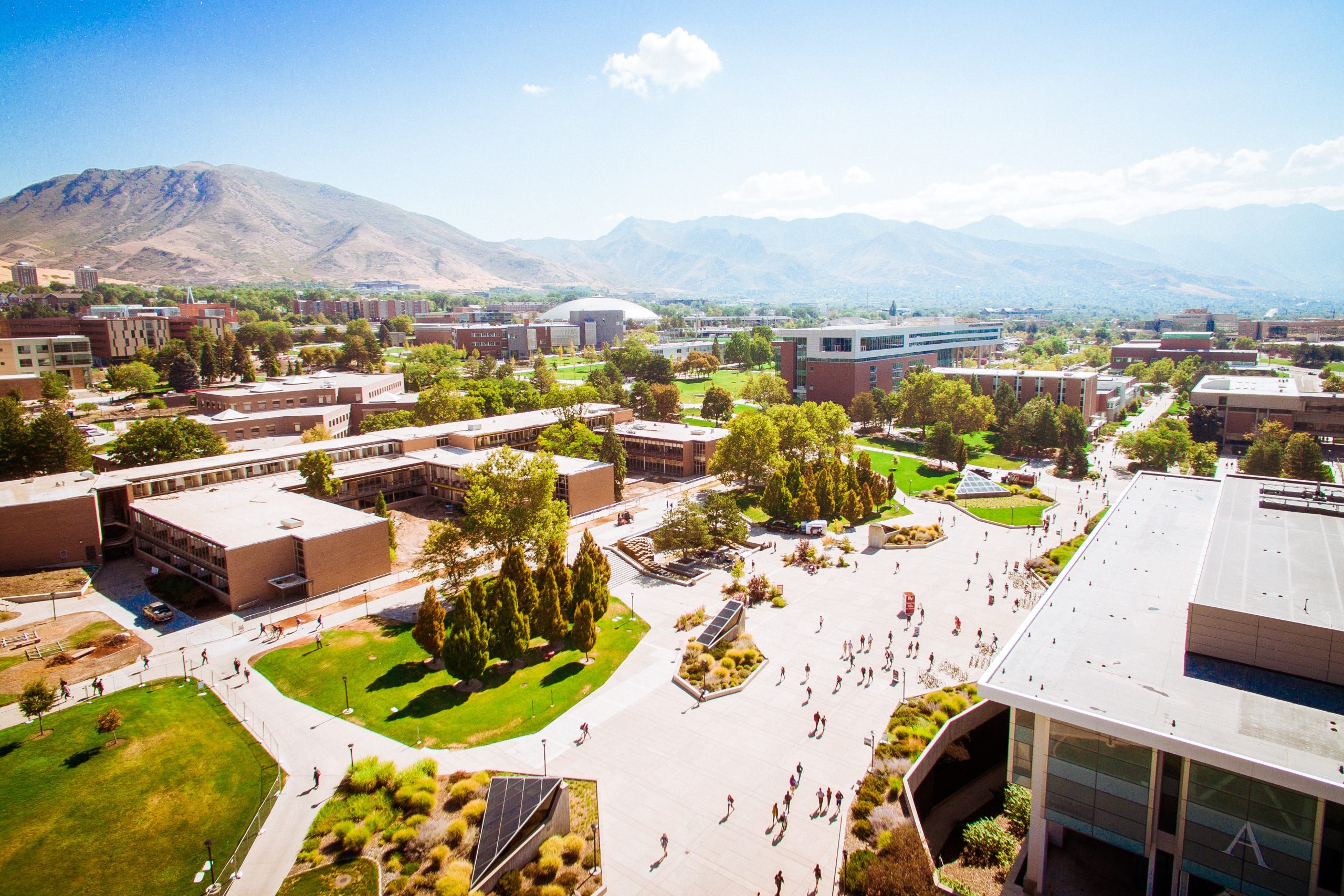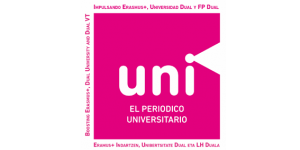Types of universities
There are two types of universities: Public and Private. In Euskadi the University of the Basque Country / Euskal Herriko Unibertsitatea is public and the University of Deusto and Mondragon Unibertsitatea are private.
The UPV/EHU is funded by the Autonomous Community. It is an autonomous institution with a democratic operating regime.
Private universities are managed by a self-financing system, have their own student admission systems and set their academic prices, with a higher cost than public ones.
The structure of universities
Public universities are composed of Schools, Faculties, Departments, University Research Institutes and those other centers or structures necessary for the performance of their functions.
What is a Campus?
The physical space that brings together various centers (faculties, schools, library …) and services (information service, sports service, cafeterias, library) is called “campus”.
Schools and faculties
Schools and faculties are the centres responsible for the organisation of teaching and the academic, administrative and management processes leading to the award of undergraduate degrees. They may also provide teachings leading to the attainment of other degrees, as well as carry out those other functions determined by the university.
As a general rule, the centers, through their secretariat, are the reference center for administrative procedures such as registration, the issuance of certificates, the consultation of the academic record, the issuance of the university degree or the publication of notes.
The centers are the first point of reference for the future university, so when we are asked where we study, we will answer most of the time: “I study in the Faculty of Medicine or in the School of Teaching, etc.”.
The university department
The departments are the teaching and research units responsible for coordinating the teaching of one or more areas of knowledge in one or more centers, for supporting the teaching and research activities and initiatives of the teaching staff, and for exercising other functions.
The departments bring together a group of professors related to certain areas of knowledge who can teach in one or more degrees at the same time and who, in turn, can be found in different centers.
Normally, the physical spaces where the departments are located include the offices of the faculty and the secretariat of the department that assumes the administrative and management tasks.
What is a university institute?
University Research Institutes are centres dedicated to scientific and technical research or artistic creation. They can organize and develop doctoral and postgraduate programs and studies and provide technical advice.
These Institutes may be constituted by one or more universities, or jointly with other public or private entities through agreements or other forms of cooperation.
What is a affiliated center?
These are higher education institutions that are assigned by agreement to a public university to teach studies leading to the obtaining of official degrees and validity throughout the national territory.
University of the Basque Country/ Euskal Herriko Unibertsitatea. The University of the Basque Country / Euskal Herriko Unibertsitatea, as the only public university in the Autonomous Community of the Basque Country, maintains a wide range of degrees and postgraduate courses in all branches of knowledge. It is distributed in three campuses, one for each of the historical territories of the current Basque Autonomous Community, which groups 20 faculties and schools. The University of the Basque Country / Euskal Herriko Unibertsitatea is located by its size among the eight largest universities of the Spanish University System, being the largest of the Basque University System with more than 45,000 students and 5,000 professionals on staff among professors, researchers and administration and services staff. It has formed more than a tenth of the human capital of the Basque population.
University of Deusto. The University of Deusto, of a confessional nature, has a trajectory of recognized prestige in the training of highly qualified professionals who have led some of the most relevant business and institutional initiatives not only in the Autonomous Community of the Basque Country but also at the state level. It is the largest private university in the Basque University System with more than 10,000 students and 500 professors. This university, with a program traditionally focused on the social, economic and legal sciences, has expanded its offer in recent years towards technical education and engineering by dividing its activity between the Bilbao and Donostia campuses.
Mondragon Unibertsitatea. Mondragon Unibertsitatea, also of a private nature, capitalizes on its own university teaching project with an idiosyncrasy recognizable by its proximity to the nearest business fabric, in particular with the Mondragon Corporation of which it is part. Specialized in Technical Education / Engineering, Business Sciences, Education Sciences and Audiovisual Communication, it has expanded its map of degrees with an offer of degrees in Gastronomic Sciences and Innovation. It has centers in Arrasate, Ordizia, Donostia, Oñati, Irún, Eskoriatza and Aretxabaleta.













